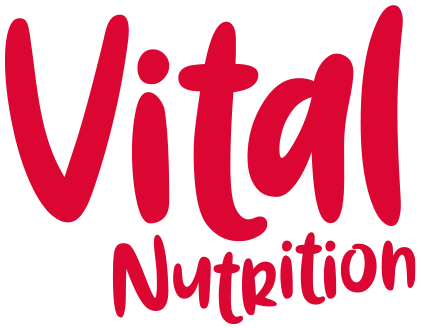The lowdown on plant based milk
Dairy-free, vegan, plant-based. Oat milk, almond milk, coconut milk.
With so much choice, simply choosing which milk to pop on your cereal can be confusing these days.
Around a third of us have made the switch from dairy to plant milks, an increase from 25% in 2020. The uptake is even higher among 25- to 44-year-olds at 44%.
Whether you are choosing to eat a more plant-based diet for the good of your health, are trying to do your bit for the planet, or have simply noticed that dairy products do not agree with you, plant milks are selling like hotcakes!
But are they any good?
Like anything, some plant milks are better than others, so I thought it might be useful to take a closer look behind the labels and marketing sales pitch and discover a little bit more about the good, bad and ugly of plant milks.
What are they?
These days, there is a huge selection of milks made from soya, oats, coconut, almond, hemp, rice and quinoa. Take your pick.
It seems most of us favour oat milk, sales of which have taken over from the previous most popular, almond milk.
These plant milks usually a combination of squished seeds or grains, some milk and salt. Sometimes there are sweeteners, honey, sugar or fruit juice added. Sometimes they are packed with emulsifiers, stabilisers and colourings.
Read the labels
If you have decided that plant milk is the way to go, then make sure you read the small print and read the ingredients list. If it reads like science experiment, leave it on the shelf, If you can recognise all the ingredients, and there aren’t too many of them, then it is probably a good enough choice,
Here is the ingredients list from one of the most popular oat milk brands:
Oat Base (Water, Oat (8.7%)), Soluble Corn Fiber, Vegetable Oils and Fats (Sunflower, Shea), Sugar, Pea Protein, Calcium (Calcium Carbonate), Acidity Regulator (Potassium Phosphates), Flavourings, Sea Salt, Stabiliser (Gellan Gum), Potassium Lodide, Vitamins (B12, D2)
Pick up another oat milk and the ingredients list reads like this:
Water, Oats 11%*, Sea salt, *Organic
I don’t know about you, but I prefer not to have added vegetable oils, sugar, acidity regulator, flavourings and stabiliser with my morning cuppa.
Be a savvy shopper and read the back of the label. Don’t be reeled in by the marketing hype and branding on the front.
Why plant milk?
There are as many reasons why people, change their diet as you can imagine, but some of the biggest drivers for the increased sales in plant based milks include:
environmental reasons - adopting a plant based or vegan diet is seen as away to helping climate change
health reasons - some people make the switch because of allergies, or intolerances. For example, some people notice that cow’s milk can be a trigger for digestive upset or skin problems and cutting it out (even temporarily) makes a difference
trends - pop into any local coffee shop and you can pick up your favourite latte made with coconut, almond or oat milk. These trends are reflected in what we choose to stock in our fridges at home.
What about my calcium?
A lot of plant based milks are fortified with added calcium.
If you are cutting dairy products form your diet, then stock up on seeds (especially sane seeds), tahini, nut butters and dark green leafy vegetables to get your daily calcium hit.
Do I need to stop drinking cow’s milk?
No! It is your choice. I am not saying that plant based milks are a healthier choice (in fact sometimes, quite the opposite), but if you do choose a plant based milk, then make sure you are getting a decent one.
Most people can tolerate dairy products and cows milk just fine. It is your choice.
This blog post first appeared as my column in The Irish News on Saturday 29th January 2022.

